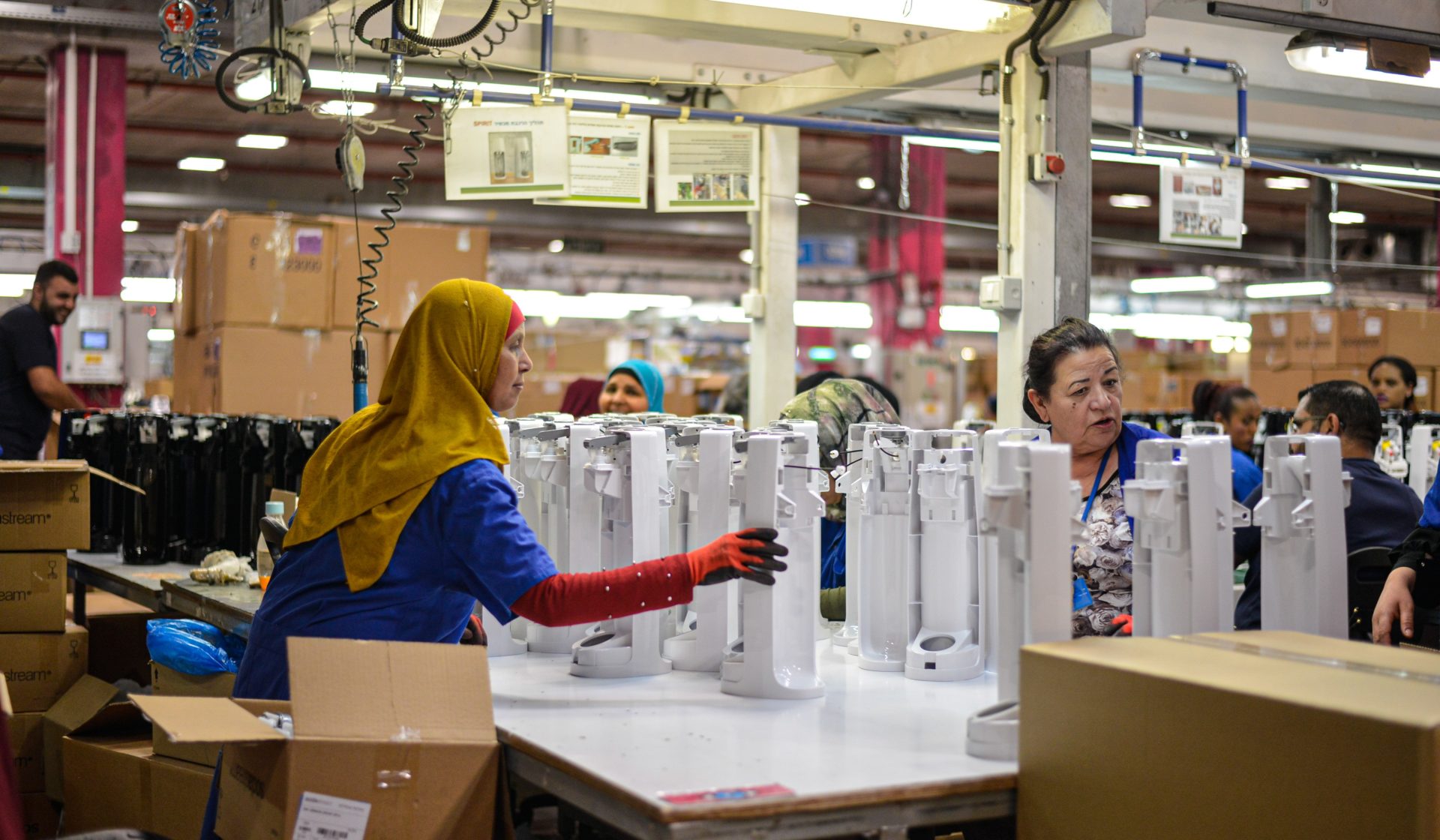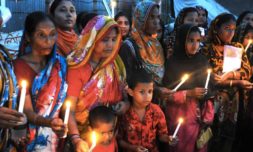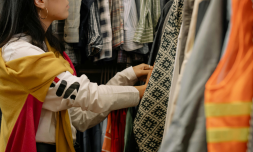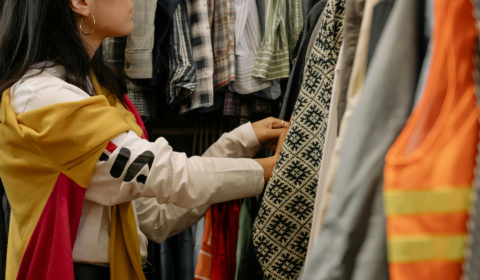The pandemic held a magnifying glass to the ingrained exploitation of garment workers across the globe. While the issue is far from resolved, the recent success of campaigns against it signifies change is afoot.
Earlier this year, an investigation conducted by the Business and Human Rights Resource Centre (BHRRC) brought to light the hidden world of wage theft in fashion.
According to the report, which covered eight factories supplying sixteen major international brands – including Primark, Nike, and H&M – 9,843 workers were fighting to have their salaries and legally-owed benefits paid at the time.
‘Apparel suppliers have been refusing to pay the legal minimum wage and brands have been letting this continue when they know they are the only ones with the power to stop this widespread wage theft,’ executive director of The Worker Rights Consortium, Scott Nova, told The Guardian.
‘Payment of minimum wage is pretty much the lowest bar on a brand’s responsibility towards its workforce. If they won’t even insist on this being paid then they are letting a human rights violation on a huge scale continue with impunity.’
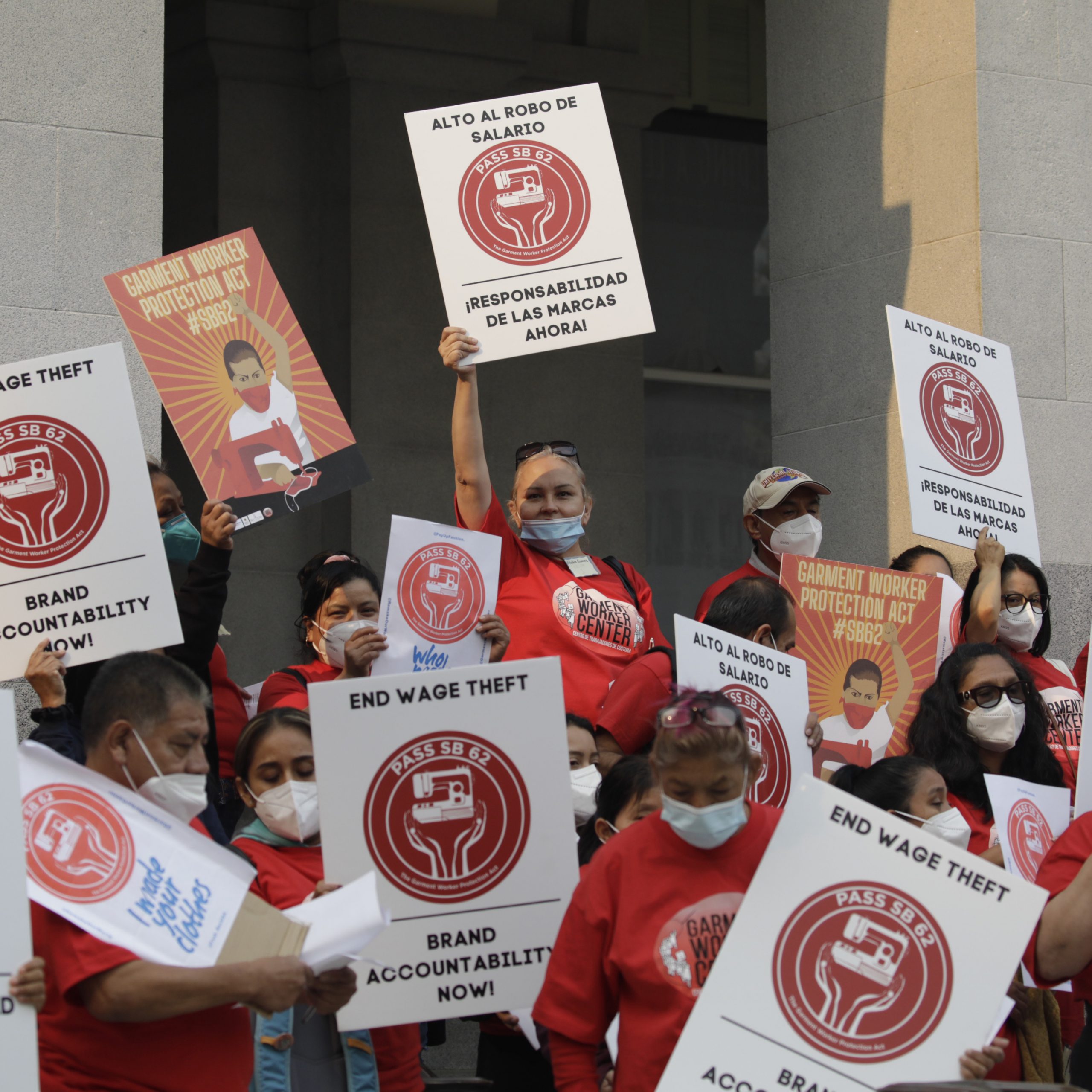
Not only this, but it was revealed recently that over 400,000 workers in an Indian production hub have not been paid the state of Karnataka’s legal minimum wage since April 2020, a total amount that WRC estimates to be more than £41m.
And, making the already precarious situation demonstrably worse, the pandemic has left many laid off without severance and others victims of dangerous working conditions due to cancelled orders from cash-strapped companies.
While the issue is far from resolved, these appalling findings have been enough to motivate both workers-rights advocates and organisations to push brands to #PayUp and for better protective legislations. So far, the success of their campaigns has signified that change is afoot.
For starters, the Bangladesh Accord, which was devised in the wake of the 2013 Rana Plaza factory collapse and has since helped identify 87,000 safety issues – subsequently eliminating 90% of them – has been extended.

At risk of expiring in January when brands began looking for easier options so they wouldn’t be legally and financially at fault, mounting public pressure has resulted in both its extension and expansion.
Now, known as the International Accord for Health and Safety in the Textile and Garment Industry, it promises to stretch farther than just Bangladesh and cover a wider range of human rights concerns.









